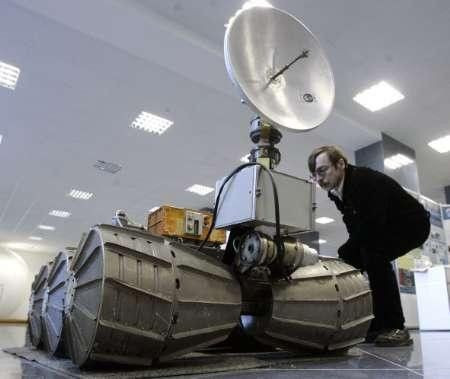Mars One To Establish Human Settlement In Mars By 2025; MIT Researchers Say It Is 'Not Feasible'

The Dutch-based project Mars One aims to colonise the Red Planet by 2025. Mars One intends to send a group of colonists on a one-way trip to Mars and film the events that take place there for a reality television show.
According to the Telegraph, a group of engineering graduates at Massachusetts Institute of Technology have questioned Mars One's ambitions. They said humans could only survive in the planet for a span of about 68 days. They added the plan of Mars One to make the Red Planet a permanent settlement for humans was "not feasible."
It was identified by the researchers that the one of the problems the colonists will face is that they would have to grow and eat their own crops and that wasn't feasible because of the current technology. They found that when the first wheat crop reached maturity, the amount of oxygen would cause a fire hazard and when the colonists would try vent the oxygen, they would lose out on nitrogen as well, reported the Independent.
The report by the researchers added the first fatality will occur around the 68th day of the project. It also said that since oxygen removal system technology was necessary and it hadn't been developed for a space flight, it made it difficult for the project to be practical.
It was also found that taking back spare parts to the Red Planet to help the colonists live would increase the cost, hence making it uneconomical. The study concluded with the statement that it would look forward to the day when humanity became an interplanetary species. It also said that it had great respect for the enthusiasm that the program had generated and the study was conducted only to drive it forward, enabling an affordable and sustainable colonisation of the planet.
The chief executive of Mars One, Bas Lansdorp, disagreed with the researchers. He argued that though oxygen removal was not done in Mars, he believed that the technology was ready for the planet. He added that the researchers had made use of incomplete data and that it was possible for the colonists to grow their own food.





















